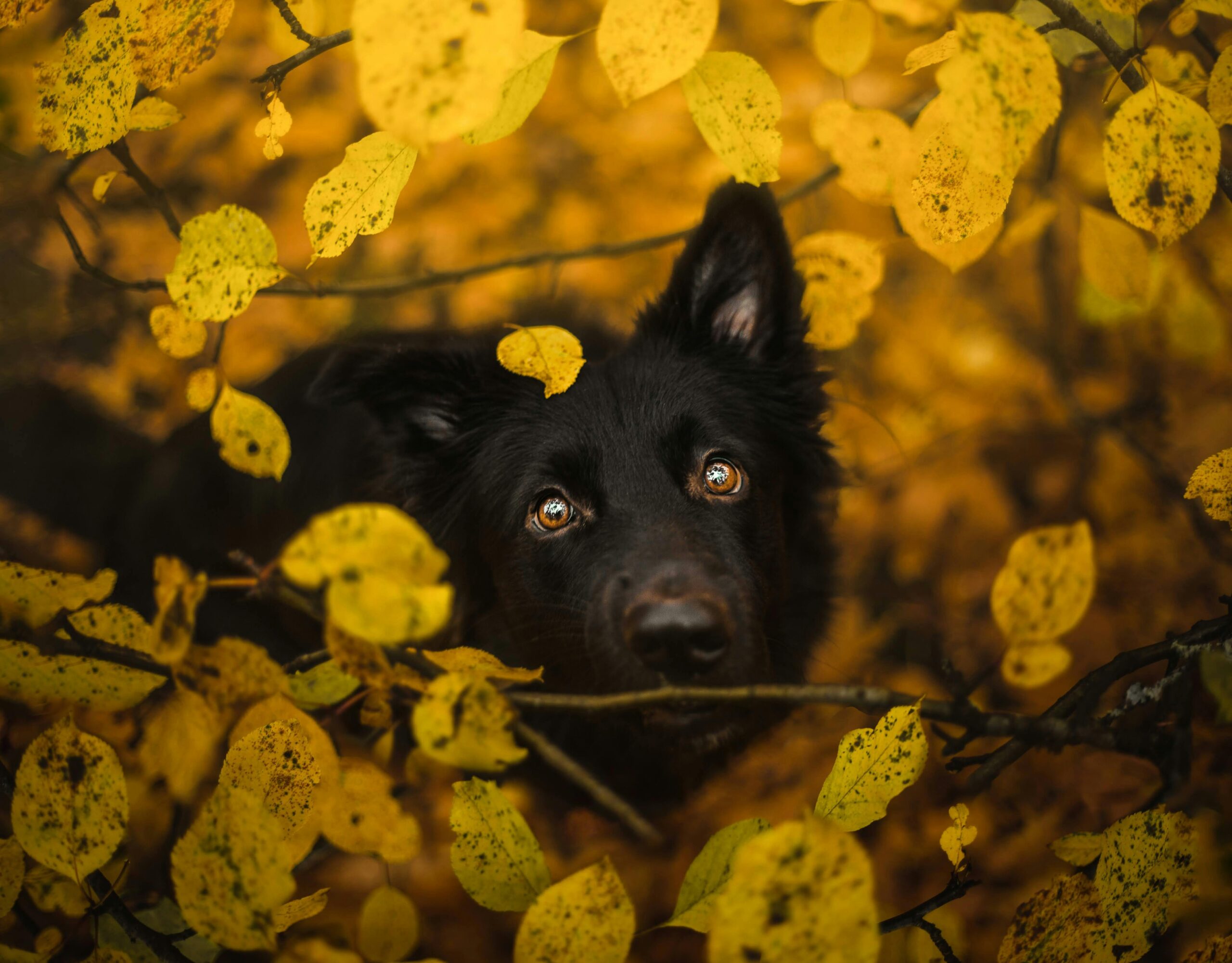
Travelling with a dog to Estonia requires you to adhere to certain regulations and to take some precautionary steps to ensure a smooth journey. The laws in Estonia are in line with the general European Union pet movement regulations. For a dog travelling from within the European Union, the primary requirements are a microchip for identification and a valid rabies vaccination. The rabies vaccine needs to be administered after the microchip is implanted. After the initial vaccination, you must wait at least 21 days before crossing the border. All of this information must be recorded in an up to date European pet passport issued by an authorised veterinarian. This passport is the key document for travel within the EU. If you are travelling to Estonia from a country outside of the EU, the requirements are a little different. Your dog will still need to have a microchip and a valid rabies vaccination that was given at least 21 days before entry. For certain countries, a rabies titre test is also required to prove the effectiveness of the vaccination. Additionally, you will need an EU pet health certificate, which must be issued by an official veterinarian in your country of departure and must be signed no more than 10 days before your pet arrives in the EU. This certificate is valid for travel within the EU for up to four months, as long as the rabies vaccination does not expire during that time. An important rule is that you, the owner, must travel with your pet or within five days of their journey for the travel to be considered non-commercial. Regarding travel on public transport, it is generally advised to check the specific rules of the company you are using. On Estonian trains, for instance, dogs are typically permitted in designated areas. You should always have your dog’s paperwork with you, in case an attendant requests to see it. It is also good practice to have a short leash and a muzzle for a larger dog. Some general recommendations for travelling with your dog in Estonia include ensuring your dog’s preventative care is up to date, such as for parasites. When walking your dog, be aware of your surroundings, especially in rural areas where you might encounter wildlife. Always keep your dog on a leash in public spaces and be prepared to clean up after them. While not a legal requirement in all places, having a muzzle for your dog is a good recommendation to be prepared for any situation where it might be necessary, and to comply with any specific rules on transport or in certain public areas.